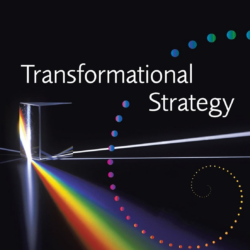Focused Conversation for Resolving a Dispute
This focused conversation for resolving a dispute is not intended to be used “as is”. It is a template to allow you to create your own questions, using the flow. However, one of our colleagues, faced with a client’s long-standing dispute and no time to prepare, used it right from the page and his client came up with a solution in a very short time!
Tweak or add questions, and when facilitating, leave plenty of time for exploration of answers at each level. The Working Assumptions (see recent article at https://ica-associates.ca/news/) may be very helpful to set a respectful context.
Rational Aim:
The participants will have created a solution to their conflict.
Experiential Aim:
The participants will experience that the problem is resolved, and be committed to carrying out the solution.
OPENING:
- We are meeting today to find a solution to this problem.
- We are going to work together respectfully to devise a solution we can all live with.
OBJECTIVE LEVEL QUESTIONS:
(Getting the facts)
- What are the facts about this situation?
- Let’s get data from as many angles as possible, especially from the key people involved.
REFLECTIVE LEVEL QUESTIONS:
(Personal reactions and associations)
- Which part of this situation makes you the most upset?
- Which part of this bothers you the least?
- What past experiences are brought to mind?
INTERPRETIVE LEVEL QUESTIONS:
(Exploring meaning: causes, significance, implications)
- What are possible causes of this situation?
- What are the implications of this situation for each person involved?
- What are the larger implications that this situation might have?
- What are some possible solutions we might explore? •What are the positive and negative implications (pros and cons) of each of these solutions?
- What values do we need to hold in a solution to this situation?
DECISIONAL LEVEL QUESTIONS:
(Future resolves)
- How might we weave these together to form a solution we can all move forward with?
- Someone write down our solution and read it back to us. Is this our decision?
- How shall we implement this solution?
CLOSING:
Thank you very much for your thoughtful participation.





